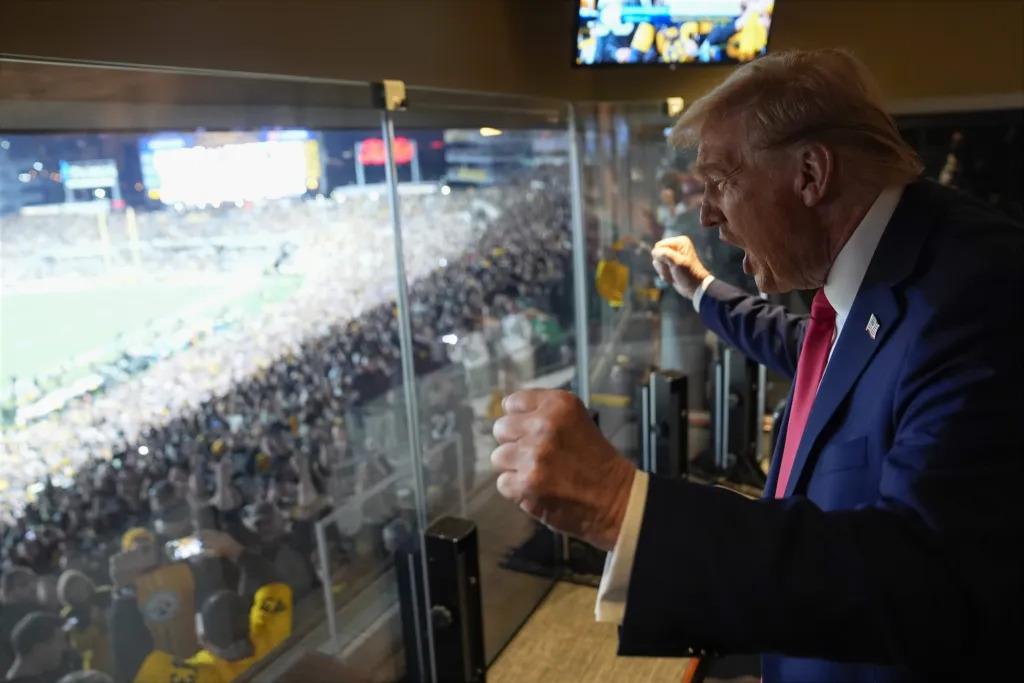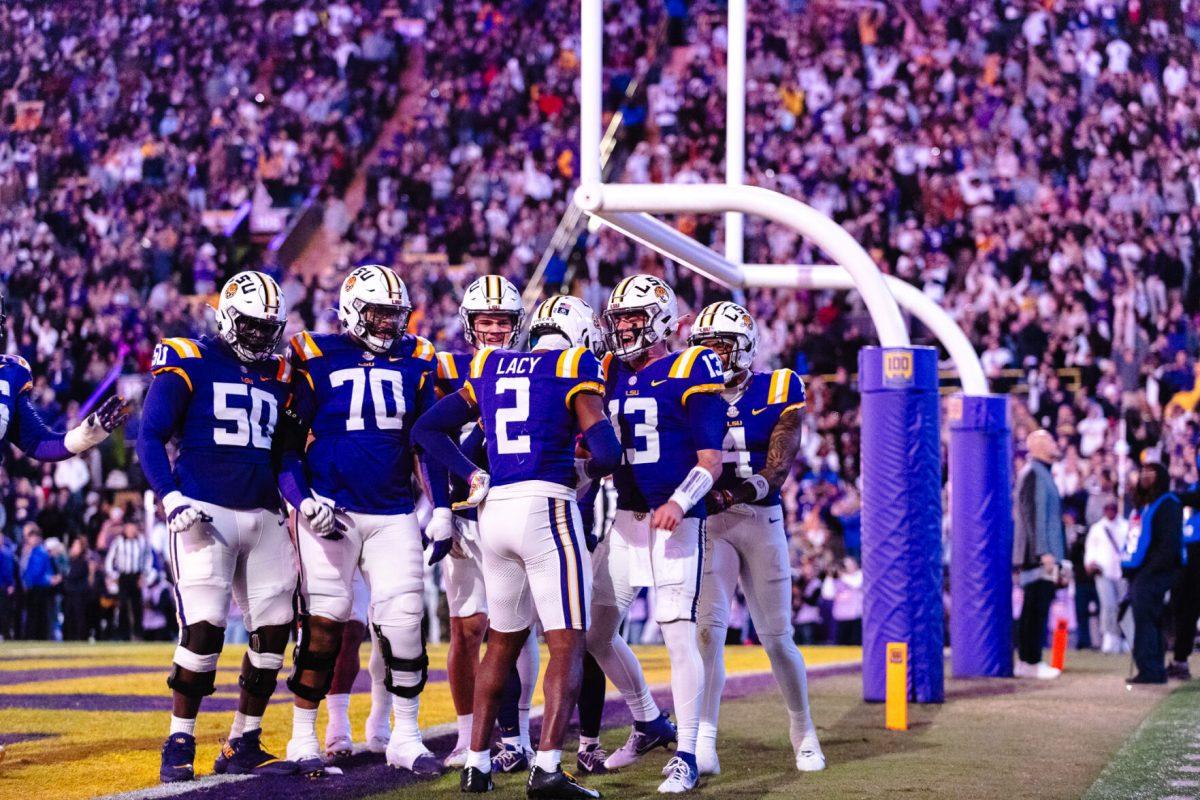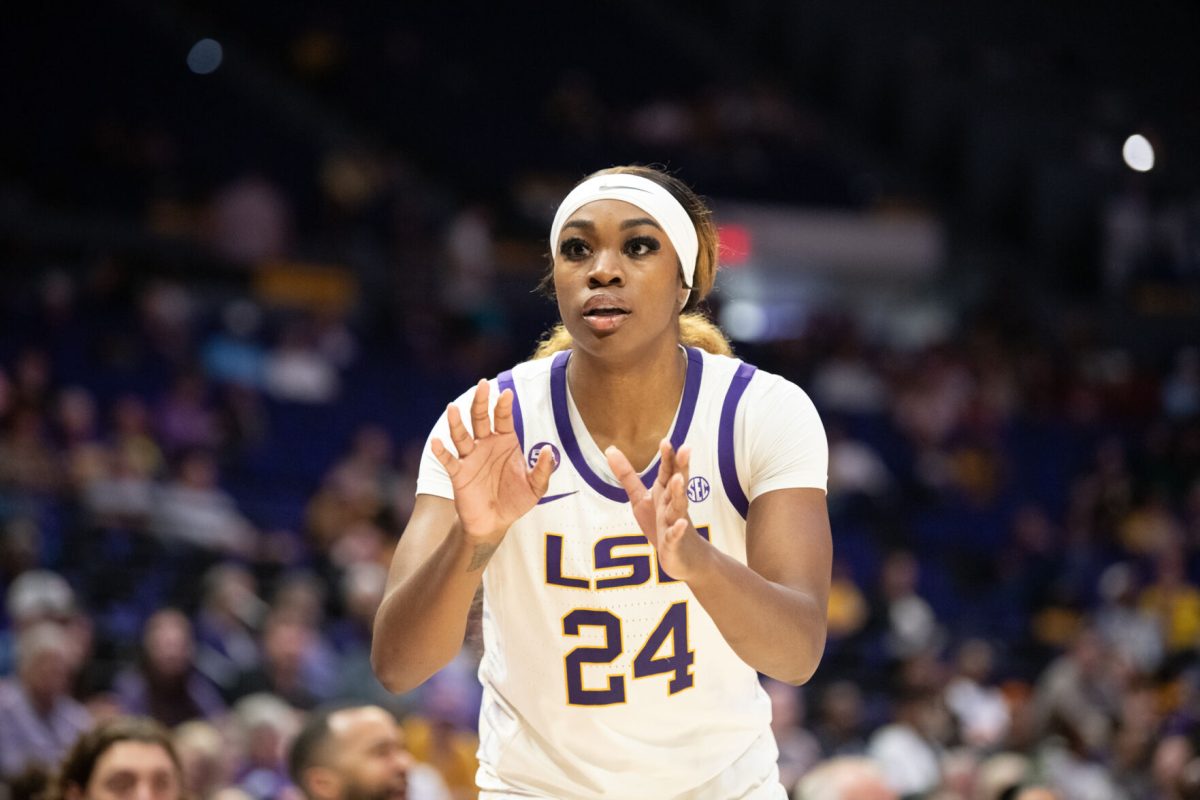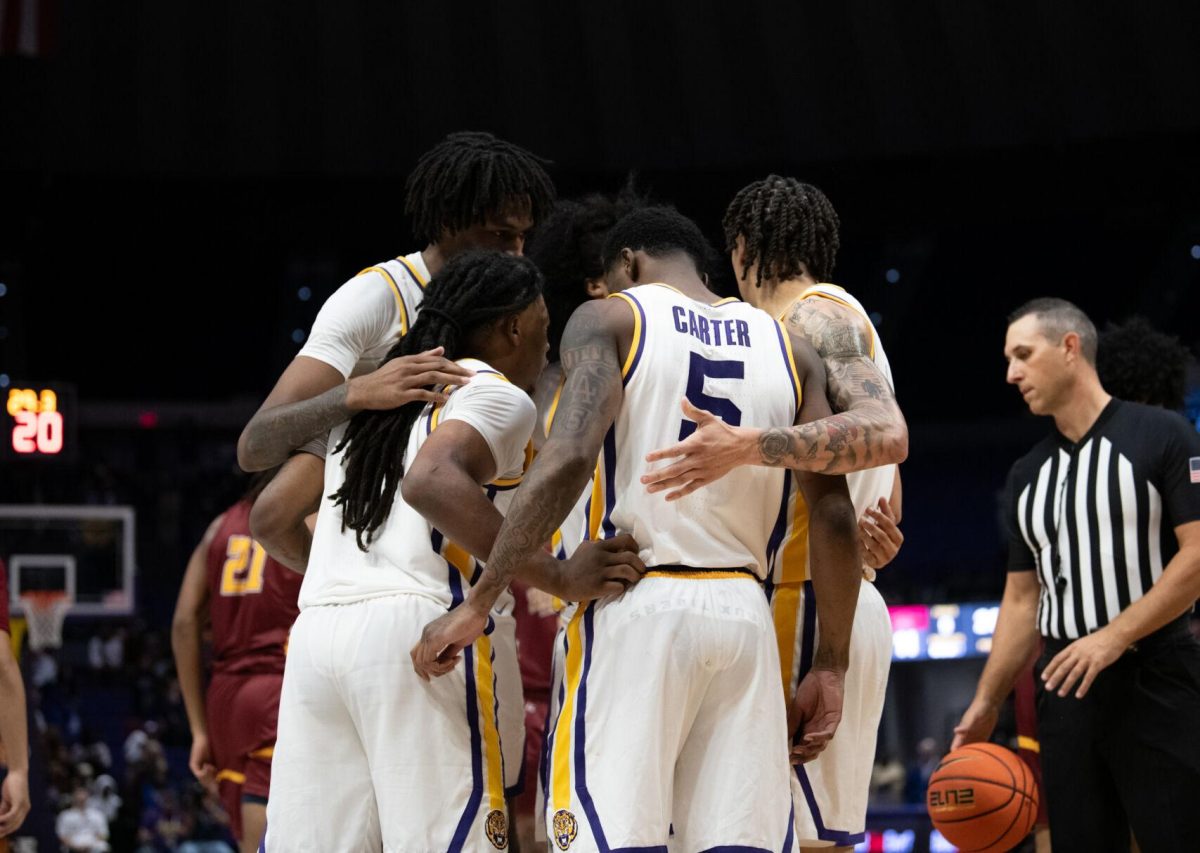Taxes, immigration policies, reproductive rights – all of these and many more were issues at the front of many people’s minds as the people of America cast its votes in the presidential election last week.
Another – much lesser known issue – on the ballot was the future of sports and college athletes in America.
As we all know by now, Donald Trump carried both the electoral and popular vote against the Democratic competition, Kamala Harris, and was named the 2024 president-elect.
So how will his time in office likely affect the future of both college and overall sports in America?
Well, let’s start with the facts and take a look at what Trump’s direct policy says on sports.
If you take a minute to visit his official website, and click on the link to his platform, you will find a list of Trump’s “20 core promises” to America.
No. 17 reads, “Keep men out of women’s sports.”
These promises can also be found on the 16-page 2024 GOP Platform pdf file attached to his website as well, where he files the same idea under the ninth chapter of his ten-chapter political agenda.
The fifth point of this chapter is titled, “Republicans Will End Left-Wing Gender Insanity,” where Trump’s policy again repeats the promise to keep men out of women’s sports, referring to transgender female athletes.
“So how do you stop it?” FOX News Channel Host Harris Faulkner asked Trump in a town hall style interview that took place while he was campaigning in Cumming, Georgia back in October.
“Do you go to the sports leagues? Do you go to the Olympic councils?” she asked him.
“You just ban it,” Trump responded. “The President bans it. You just don’t let it happen.”
“We will, of course, keep men out of women’s sports. I promise,” Trump later said at a Nov. 2 rally in Virginia before shaking the hands of the Roanoke College women’s swim team, who he praised for rejecting a transgender female’s request to join the team.
He promises that to enact this ban, he will prevent taxpayer dollars from funding transition surgeries.
While the state of Louisiana already passed a law in August 2022 that prevents transgender females from participating in women’s sports in elementary, middle, high-school and public university sports, it is unclear how Trump’s ban will play out throughout the rest of the nation and potentially college sports.
Trump’s affiliation with collegiate sports is nothing new to the public as he recently traveled to the University of Alabama to attend the Alabama vs. Georgia game, where he stayed for less than a full half of the game.
While his platform makes no direct comments on collegiate sports, as a representative of the Republican Party, it’s important to understand how Republicans view certain issues regarding college sports.
One of the largest of these issues – especially for schools who have a massive media presence, like LSU – is if student athletes should profit off of their name, image and likeness.
Recent court settlements have college sports headed toward potential revenue sharing where athletes are treated like employees with salaries and receive a significant cut of the income generated from their sports.
However, the NCAA has been involved in a five-year wrestle on Capitol Hill, where they have pleaded for their rules to be passed in a congressional bill.
These rules would prohibit college athletes from being listed as employees and also prohibit them from unionizing against unfair laboring conditions, since they are not listed as employees at their university.
As of right now, the bill that the NCAA has poured millions of dollars into has yet to have been adopted and is at what is called a stalemate within the House of Representatives. This is means there are too many conflicting opinions on the bill within the House, and it has made no progress in deciding to be moved to the Senate or not.
However, this was when the House of Representatives existed with primarily Republicans and the Senate with primarily Democrats.
As of last week, the Republican Party officially has gained control of the House with 218 representatives elected so far, as well as control of the Senate with 53 Republican members – compared to the 47 Democratic members.
So what does this mean for the NCAA’s wishes of their congressional bill moving to the next stage of becoming a law?
It means that this proposed bill is mostly in the hands of the Republican Party.
Julie Sommer, who spoke to Yahoo Sports about this issue, is an attorney and proud advocate of college athletes’ rights, and gave her expert opinion on what a Republican-controlled Congress means for college athletes.
“Republicans want to limit employment status and give protection to the NCAA and power leagues to grant them oversight and regulation,” Yahoo Sports published from Sommer.
Sommer also disclosed how Democrats, on the other hand, are more concerned with protections that come with being an employee, meaning gender equity rights, education and even health benefits.
Yet, even if the Republican Party has complete control of Congress, there are still plenty of things that can continue to prevent the NCAA’s bill from advancing into law.
Stalling, filibusters, legal challenges – there are dozens of hoops that would have to be jumped through to prevent college athletes from becoming employees with their universities and reaping those benefits.
However, that doesn’t mean that it’s not impossible that could change.
Is it something for athletes to worry about at the moment?
No, especially given that Trump hasn’t made a direct statement on the issue itself. But that doesn’t mean that it shouldn’t be in the back of our minds, especially at a sport-based school like LSU.
Trump’s presidency could affect college sports and NIL. Here’s how
By Gabby Gray
November 16, 2024
AP Photo/Evan Vucci
Republican presidential nominee former President Donald Trump attends the New York Jets football game against the Pittsburgh Steelers at Acrisure Stadium, Sunday, Oct. 20, 2024, in Pittsburgh.








